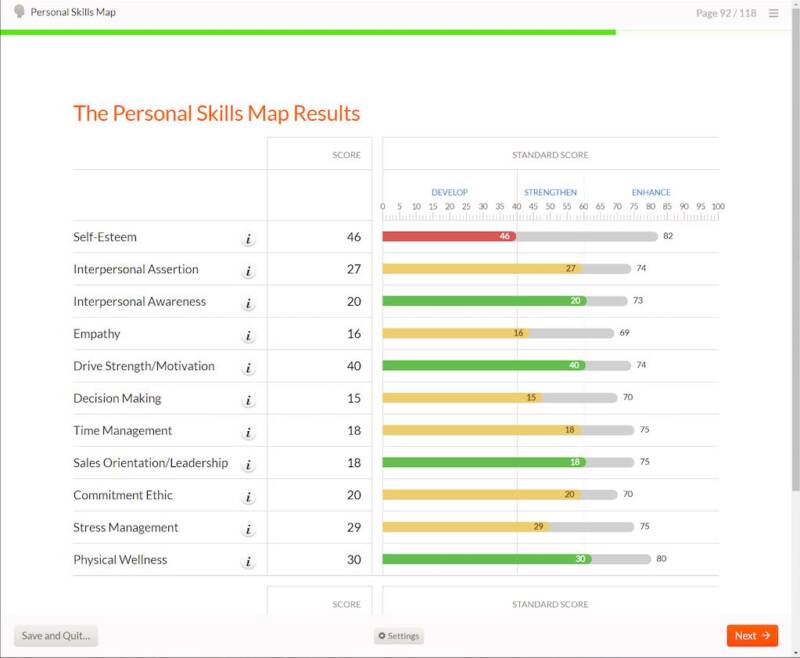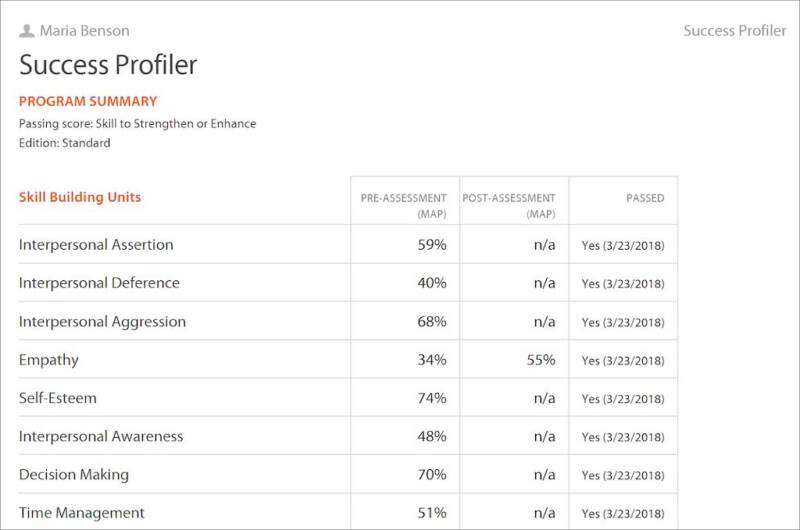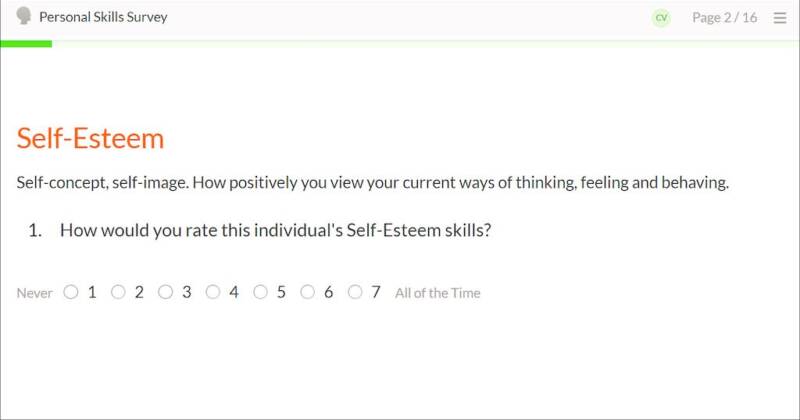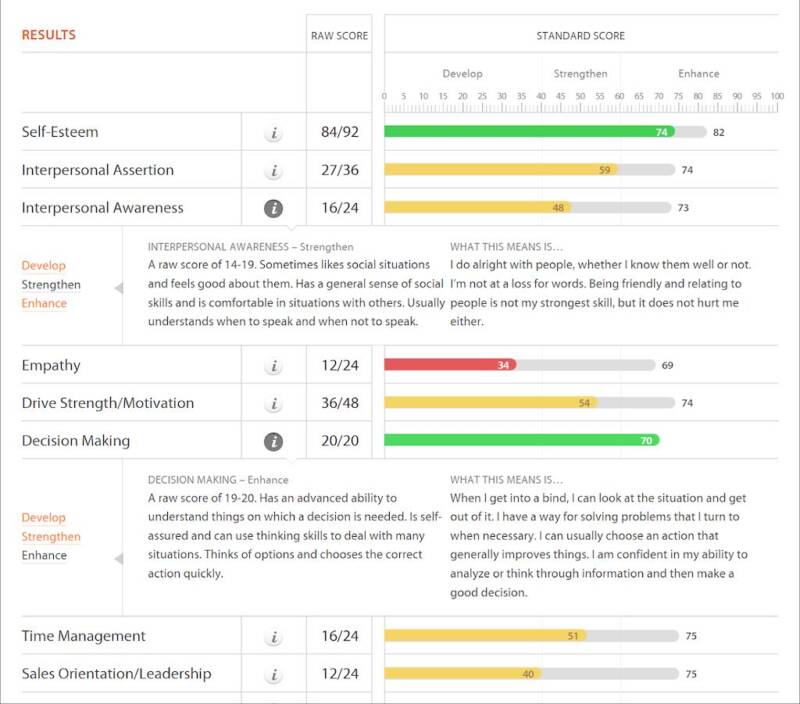
There has been a lot of talk and a lot of confusion today about how to select a solid assessment for your program. This post is to help remove some of the uncertainty and confusion about selecting an assessment for your program. Here are some simple rules to follow:
1. Understand the Purpose of the Assessment and Match it to Your Needs for an Assessment.
Keep in mind the purpose of the assessment. If the purpose is to identify your participants present knowledge on a specific topic then you need to select an assessment that can identify the key skills needed and then tie that assessment to the curriculum needed to teach those skills. In other words, “assessments drive instruction”. That being said, keep the end purpose in mind. If the assessment is to increase knowledge on a particular topic then the assessment must cover those key topics and it needs to align with the curriculum you plan to use to teach those skills.
2. Consider Assessment Research.
Any assessment that is worth using is one that has gone through many years of research and development. Unlike many who say only current research is relevant, I say not so. Older research coupled with current research provides an insight as to where the assessment came from the needs it addresses and is a clue as to where it is going. Many of the best assessment out there have a long history of research and development. This is not to be discounted. For instance our Personal Skills Map which is used in our Success Profiler – Emotional Intelligence program now has 134 research documents dating back to the mid-seventies. Our Personal Map is the leading SEL assessment in the industry with over 9 million administrations. Click here to view our Personal Skills Map Research.
3. Ask: Is Data Easy to Access and Understand?
How many times has an assessment been given and the results was never used for instruction? Lots. With Conover’s Learning Management System results are immediately scored, interpreted and low scores are automatically assigned for skills building.

4. Understand that Assessment Drives Instruction Technology.
Our assessment drives instruction technology takes the guess work out what follows the assessment. The system selects the lower scores and assigns and delivers the appropriate skill building units. Automatically the assignments made correlate to the needs of the participant. This includes both the pre and the post assessments.
5. Consider Program Accountability.
With the electronic connection from the assessment component to the skill building component followed by a post-assessment makes program accountability simple, easy to use and very affordable. Report writing features in our Conover online system allow the program administrator to select from a whole series of options and that is not enough administrators can customize their reports as needed.

6. Trust and Verify.
The old saying holds true here. Having knowledge is one thing but using it is another. With our survey option it is possible to get feedback on targeted skills that the participant demonstrated in real life. Whether it is in school, community or the workplace getting feedback on individual performance is easy with our built in survey system. Simply select the participant and then send a short survey to an individual who knows the participant. We started with this feature years ago with employers and has now expanded to cover other areas of life. The best program accountability is one that shows how a participant demonstrated a skill in real life.

7. Ask: Does It Encourage Personal Success?
The Conover assessments do not discourage the participant. There are no failing scores. Participant scores range from the develop to strengthen and finally enhance levels.

Would you like more information about selecting an assessment? Schedule a demo with us today!
